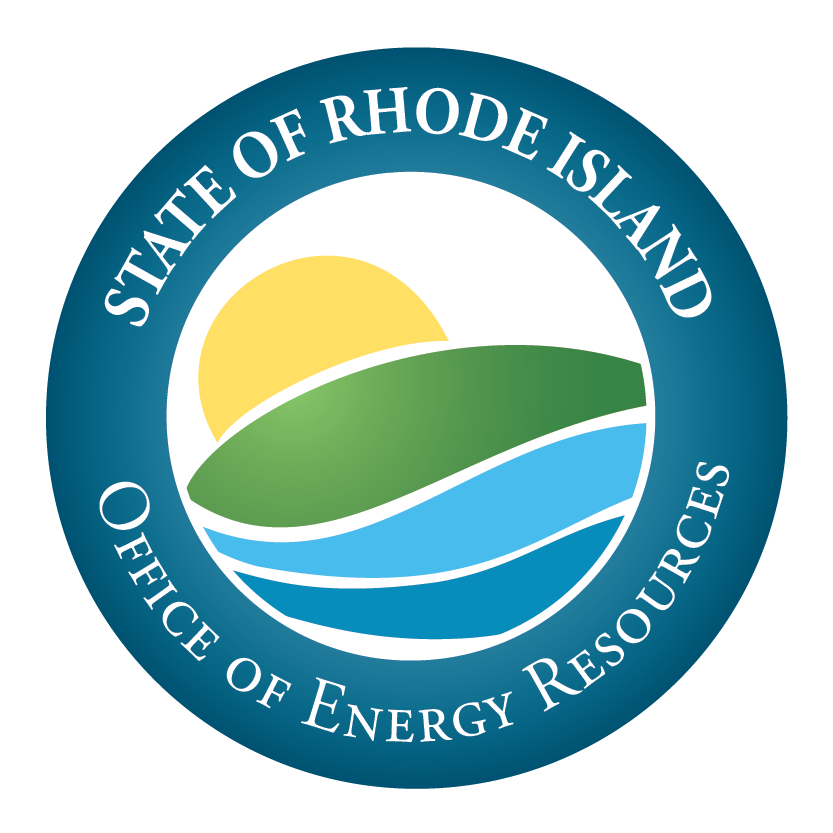Renewable Energy Standard (2004)
In 2004, the Rhode Island General Assembly enacted a Renewable Energy Standard (RES). Originally set to achieve 16 percent renewable energy by 2019, the RES was updated in 2016 to set a statewide target of 38.5 percent renewable energy by 2035. Electric distribution companies and non-regulated power producers comply with the mandate by supplying an increasing percentage of their retail electric sales from renewable energy resources. Eligible renewable energy resources include solar, wind, wave, geothermal, small hydropower, biomass, and fuel cells.
RES compliance does not involve the physical procurement of power produced by renewable energy facilities. Instead, electricity providers meet the requirements of the RES mandate by purchasing renewable energy certificates (RECs), which represent 1 MWh of renewable energy generated and delivered to the electric grid. RES compliance can also be demonstrated by making alternative compliance payments (ACPs) to the Rhode Island Commerce Corporation (Commerce RI) Renewable Energy Fund. The ACP functions as a price ceiling, allowing electricity providers to comply with the RES mandate if REC shortages occur. Commerce RI uses the Renewable Energy Fund (REF) to support the development of new renewable energy projects. In turn, these projects generate RECs, theoretically helping to ameliorate tightening of the REC market.
